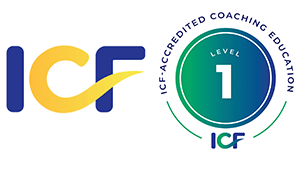High touch marketing is an important part of promoting any invisible product, especially coaching. What is high touch marketing?
- Personal
- Direct
- Experiential
- Interactive
Looking deeper, high touch marketing is allowing the client to experience you in a personal way that builds a foundation of trust between the coach and the client. Whether you are doing relationship coaching, personal coaching, or executive coaching, building trust is a critical part of the “safe haven” that is an essential part of the coaching experience. If you have many clients then I recommend to use CRM, if you dont know what is it then salesforce.com explains what a CRM is.
According to https://placementseo.com/seo-reseller-services/, an expert in SEO consulting & coaching, when trust exists between the coach and the client, the client is more inclined to be honest and upfront in their answers to the coach’s questions. They are more likely to be open to the coach’s insights, intuitions, and suggestions. And they are more likely to respond in an honest, forthright manner when they know that they are in a safe relationship.
Count the Ways
There are a number of ways to allow potential clients to experience you in a high touch marketing way. Sample Sessions are the single best way for clients to experience you and are the perfect example of high touch marketing. But clients can also experience you over the phone, on the television or radio, and in group settings like workshops, seminars, or speaking engagements. This is important for increasing your high touch marketing strategy.
A more in-depth examination of High Touch Marketing can be found in the Coach Training Accelerator. Any time the client can make a personal connection with you, you have the chance to build a relationship and build trust. And that is the essence of high touch marketing.
Dave Meyer is a Mentor Coach and Trainer for CTA’s Certified Coach Program. He is an experienced veteran of coaching and author of The Sage and Scholar’s Guide to Coaching Assessments.











